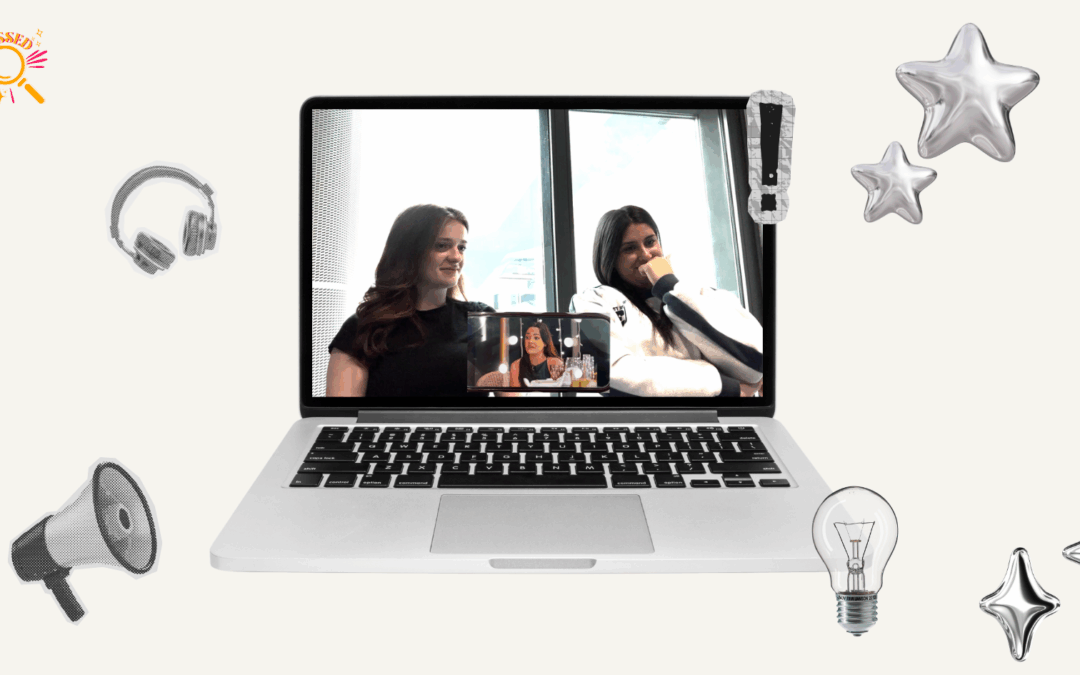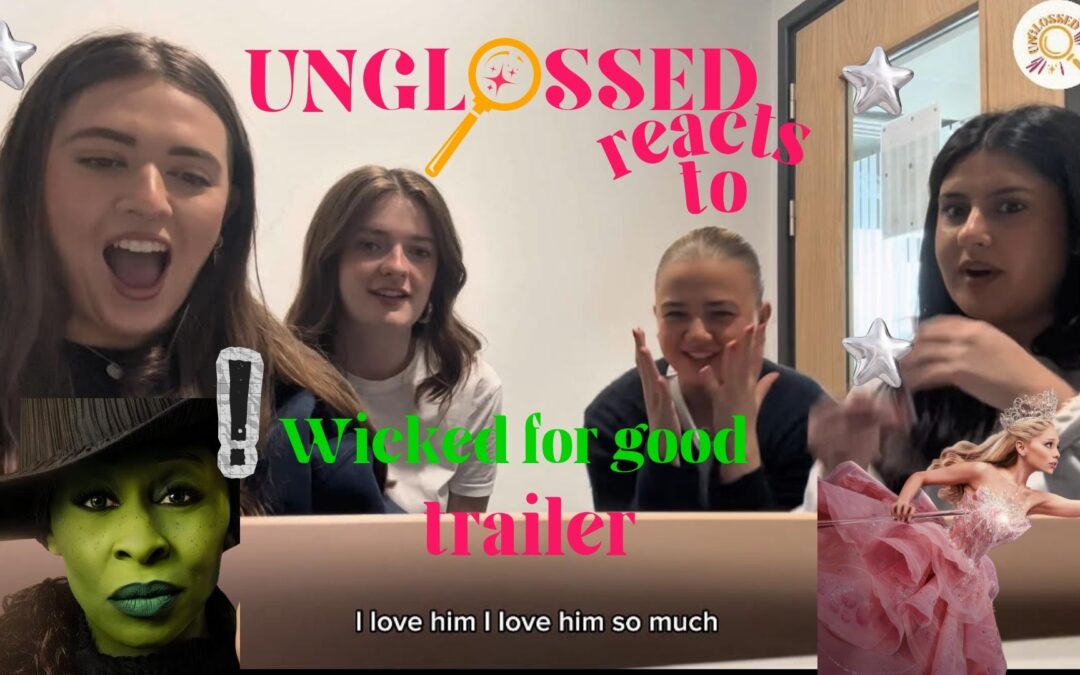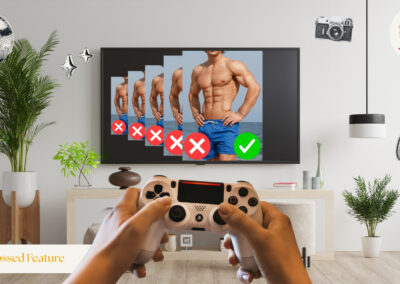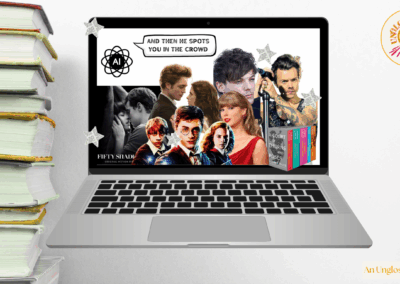“Everything we see on screen is real, of course. We record reality.”
But can we actually trust that what we see on screen is real? Or was it just made up by the crew to delicately craft the most riveting, scandalous, headline-grabbing storylines? And what about the polished reality stars, lounging in a lavish beachfront mansion, are they even real?
Reality shows are a constantly evolving phenomenon. With new seasons of fan-favourites like Love Island: All Stars and The Traitors, this genre has captured audiences around the world. So can we say that these shows are actually real, or are they just another carefully manufactured product, sold to us just like the sponsored stuff we see during ad breaks?
Tania Maroto is a reality TV producer based in Madrid. She explains: “If there’s a love story, for instance, I’ll highlight it with the resources I have to make sure you can see there really is a story.
“Of course, you have to introduce dynamic elements, so to speak.” She has worked on a wide range of shows, such as Married at First Sight, the Apprentice, and even Supernanny.
“The mother calls because her kid is behaving terribly, and when she tells him to go to bed, he starts kicking the living room furniture. So at night, I’ll tell the mother, ‘Go ahead, tell him it’s time for bed’, because I need to have it on film.
“I provoke or set up situations that I know, based on all the information I have and the interviews I’ve done, will trigger certain events. I don’t know exactly how it will unfold.”
While the ‘unfolding’ part may be real, it’s clear to see that reality shows are to some extent manipulated by the crew. Of course, the extent of this manipulation depends on who you ask. George Bebbington, a 24-year-old from Liverpool, took part in Season 11 of the UK’s Ex on the Beach, the last season of the show before it was temporarily cancelled.

He said: “Especially on dating shows, it’s very obvious. Like they’ve been told to do this, they’ve been persuaded to act like that, this person is going to go home, this person’s probably going to stay. It’s pretty obvious. You know who the favourites were with production, and where you stood in their eyes against other cast members.”
It’s undeniable that the actual premise of many reality shows feels artificial. Yet, as audiences we overlook this for the sake of the storylines and drama we expect to unfold. Trapping a flock of twenty-somethings in a mansion and encouraging them to mingle sounds like the role of a zookeeper tasked with saving an endangered species. But while the setting, a 24-hour CCTV monitored house in Mallorca, where every room is wiretapped, might be unnatural, it is precisely this controlled environment where human stories flourish on screen.
Professor Su Holmes specialises in Film, Television, and Media at the University of East Anglia. She said: “Reality shows do still hark back to that longer history of seeing real people be real within artificial circumstances. They present what appear to be very relatable, universal emotions.
“I suppose around the year 2000 was the rise of these reality formats. Some scholars have argued that it wasn’t necessarily a programme shift, but a discursive shift in terms of how these programmes were being labelled and marketed.
“The selling of reality TV and the premise of engaging with these characters to see their real selves is a rhetoric that’s very familiar with celebrity culture, much the same way that soap opera has always engaged us. It’s an ongoing narrative which is cleverly structured over a number of episodes.”
Perhaps, then, what truly drives us to watch shows like Love Island, which reached up to six million viewers during its hit 2019 season, isn’t revolutionary after all. Instead, it might simply be the same timeless fascination with human stories, now polished and capitalised off of by production companies and broadcasters.
Melissa Hughes, a psychologist and writer explains: “Some of the reality TV challenges are filled with danger while others are focused on the human nature of relationships, change or self improvement. But one of the most common themes of these shows are real people experiencing and reacting to conflict. We get to experience that conflict vicariously through them and see flashes of ourselves.”
Tania Maroto says: “Human behaviour has something incredible. It never stops surprising you. We love scandals, we love to see how people behave, and we love watching people who are very different from us.
“Reality TV lets people escape their own lives, and often their crappy lives, so to speak.”
Tania Maroto
But that opens another question – can we be sure that the cast members are being genuine, or are they just as fake as the programmes themselves? George Bebbington said: “Every single person that goes on a reality show has a motive.
“You see it a lot on Big Brother where people say they don’t have a game plan, that they’re just there for the experience. It’s a lie. Every single person goes on for a reason, whether it’s to gain followers, do more TV, network, or whether it’s for a payday. Everyone has a motive.
“I knew what was entertaining and what wasn’t as a viewer, and as a fan. I knew going in what people like to see and what they don’t, so I went in with a plan and an idea of what I wanted to do.”
So if the environment is artificial, and the cast is fake too, then what’s left? Maybe it’s just the human stories we’re so invested in, scripted and planned out by producers.
Althia G McLaughlin, a mental health counsellor, writes for Medium: “Since viewers are able to live under the illusion that they are witnessing the ‘real’, everyday lives of the show’s characters, viewers are able to convince themselves that they know these characters and have a sort of ‘relationship’ with them.”
Tania Maroto says: “You need a really interesting cast, with diverse characters and profiles. You could do Survivor on a small lake here in Spain. Of course, being on a tropical island in Latin America visually adds a lot, but a good cast is what really makes the difference.
“If you have people with different profiles who clash or complement each other, they’ll create content – alliances, conflicts, and storylines. It doesn’t matter where they are; in Big Brother it’s just a group of people locked in a house. The viewer isn’t stupid, and they’ll enjoy it. But the foundation of reality is having a strong cast.”
It’s fair to say that reality TV isn’t as real as it claims to be. Perhaps the tears, messy fights, or the joy of winning a cash prize with someone who they’re most likely going to break up with two months after leaving the show are all, to some extent, real. And while we may not always see contestants’ motives, we can identify when they’re not being genuine. Tania points out, “If you’re not being real, it will show. The camera captures the truth, and it captures what’s fake too.”
At the end of the day, reality TV is designed to sell. The multi-billion dollar industry, capturing over 70% of UK adults as regular viewers of reality shows, thrives on new formats and familiar tropes. There will be no shortage of tropical villas, ‘coupling up’ and new mid-season arrivals that send dynamics spiralling in just minutes.
Professor Su Holmes said: “Rather than necessarily being fake, as the popular discourse would say, I think the received academic argument is that they shifted the focus of the real.”
But, there is still a positive side of reality TV, one often overshadowed by headlines about breakups and betrayals, which we can confidently identify as a real impact that it has had on our society.
Holmes says: “These shows have entered into some really important social conversations around issues that don’t get discussed elsewhere, like the Big Brother race row. It was unparalleled in the way that it engendered broader debate about racism in British society. No documentary has ever achieved that.”
Perhaps the main takeaway is that while reality TV relies on a specially assembled cast, a curated environment, and a small army of producers, writers, and editors, we still watch it religiously. Season after season, breakup after breakup, we keep going back to reality shows. And despite acknowledging that it’s fake, every night at nine PM, just for those sixty minutes, we like to pretend that the villa, the contestants, and the storylines that emerge are all as real as it gets.













